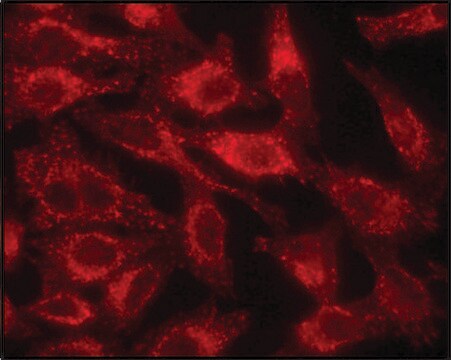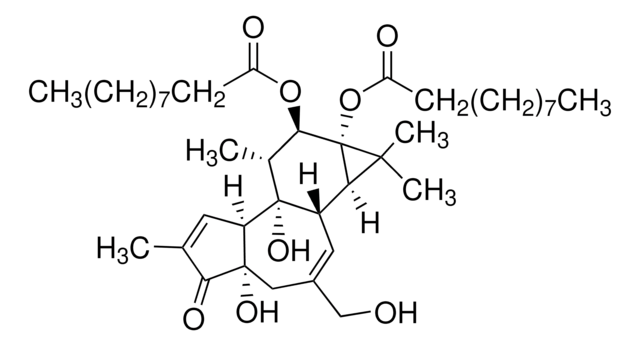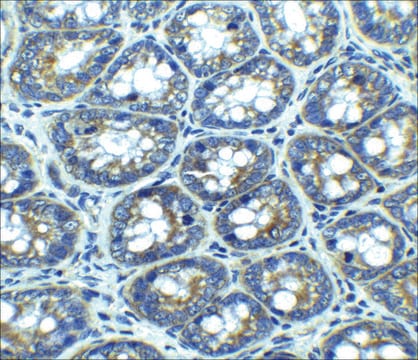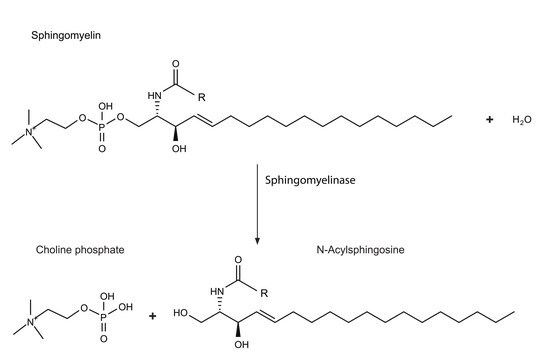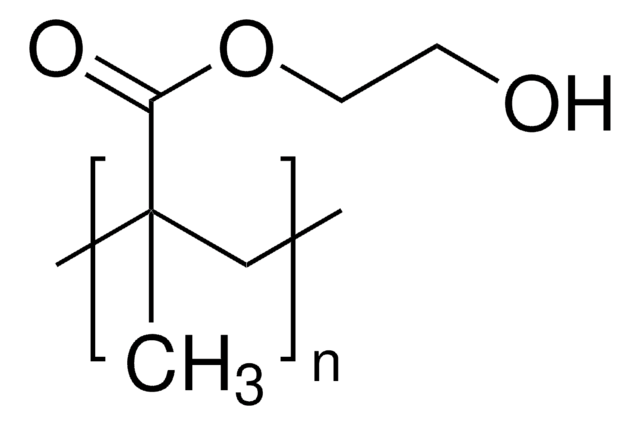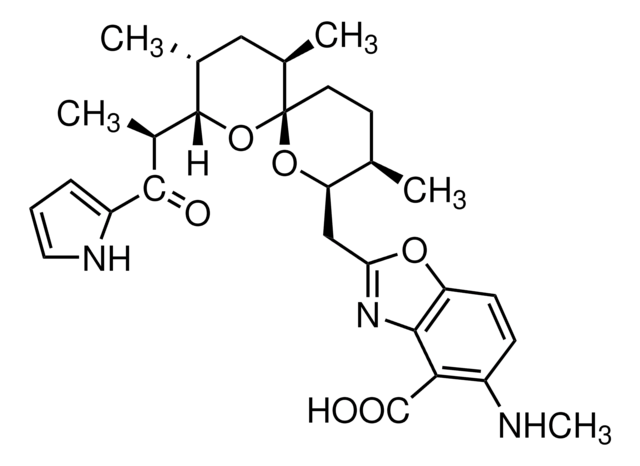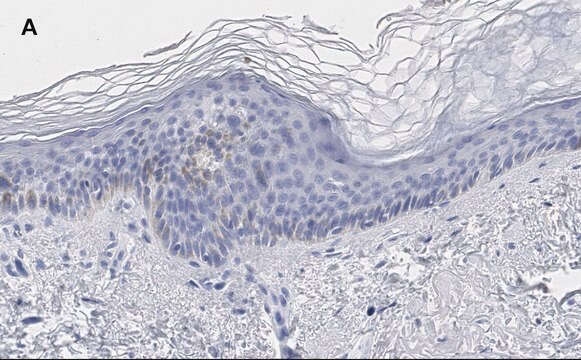S6324
Monoclonal Anti-SNX6 antibody produced in mouse
clone SNX6-76, ascites fluid, buffered aqueous solution
Synonym(s):
Anti-MSTP010, Anti-Sorting Nexin 6, Anti-TFAF2, Anti-Tumor necrosis factor receptor-associated factor 4(TRAF4)-associated factor 2
About This Item
WB
western blot: 1:2,500-1:5,000 using total extracts of A549 cells
Recommended Products
biological source
mouse
Quality Level
conjugate
unconjugated
antibody form
ascites fluid
antibody product type
primary antibodies
clone
SNX6-76, monoclonal
form
buffered aqueous solution
mol wt
antigen ~47 kDa
species reactivity
mouse, human, bovine, rat
packaging
antibody small pack of 25 μL
technique(s)
indirect ELISA: suitable
western blot: 1:2,500-1:5,000 using total extracts of A549 cells
isotype
IgA
UniProt accession no.
shipped in
dry ice
storage temp.
−20°C
target post-translational modification
unmodified
Gene Information
human ... SNX6(58533)
mouse ... Snx6(72183)
rat ... Snx6(362738)
General description
Application
Biochem/physiol Actions
Physical form
Disclaimer
Not finding the right product?
Try our Product Selector Tool.
Storage Class Code
10 - Combustible liquids
Flash Point(F)
Not applicable
Flash Point(C)
Not applicable
Personal Protective Equipment
Choose from one of the most recent versions:
Certificates of Analysis (COA)
Don't see the Right Version?
If you require a particular version, you can look up a specific certificate by the Lot or Batch number.
Already Own This Product?
Find documentation for the products that you have recently purchased in the Document Library.
Our team of scientists has experience in all areas of research including Life Science, Material Science, Chemical Synthesis, Chromatography, Analytical and many others.
Contact Technical Service